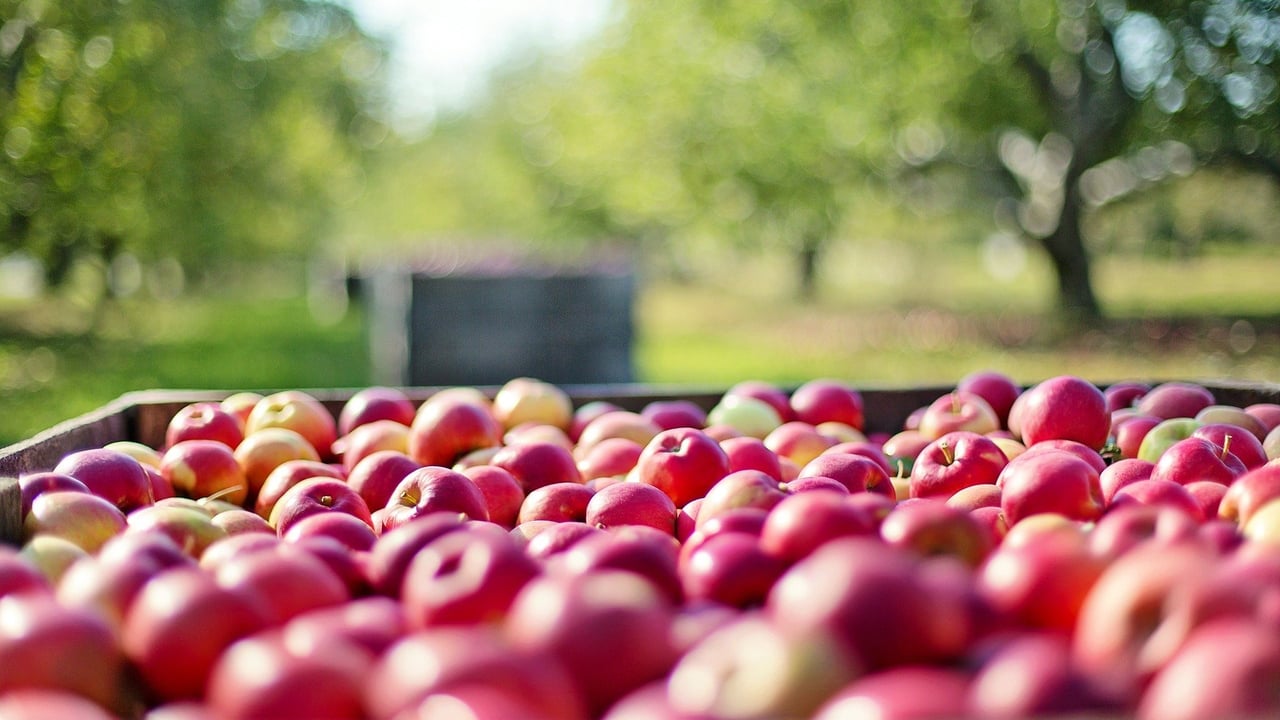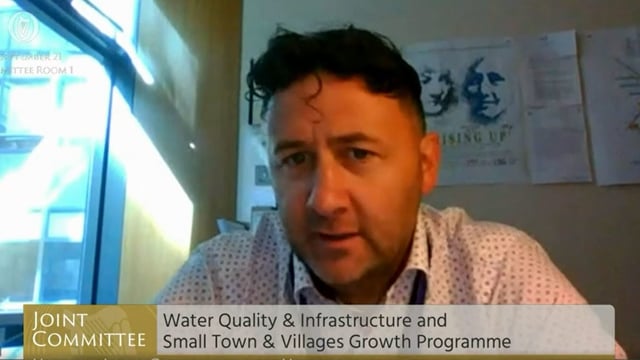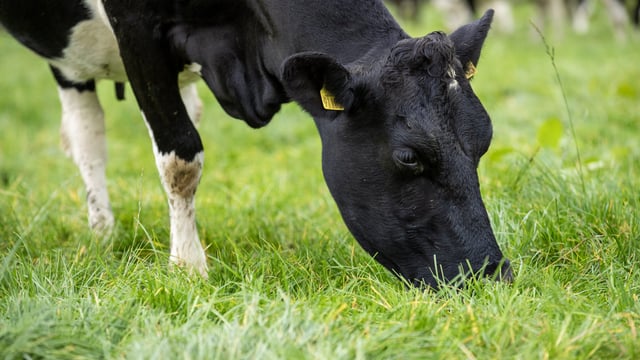EU pledges €140m to support research in sustainable food systems
The EU is pledging €140 million to support research in sustainable food systems and tackling food hunger.
Speaking at an event this week, president of the European Commission Ursula von der Leyen said that countries must "join forces to beat the coronavirus and rebuild the world better".
"Now we need to step up, to help end this pandemic globally, end hunger, give children all over the world equal chances."
Commissioner for International Partnerships Jutta Urpilainen added that "coordinated global actions will be decisive for achieving an environmentally, socially and economically sustainable transformation of food systems".
The global climate crises, depletion of natural resources and biodiversity loss are "existential threats to humankind and the defining global challenges of our century", the EU said.
"They are leading threats to providing sustainable food and nutrition security for all. Together, they propel poor health, inequalities, social upheaval and conflicts.
"To succeed, knowledge, capacities, quality in the partnerships, contextualised innovations and coordinated global actions are of utmost importance.
"A radical realignment of food systems around the world could accomplish an end to hunger and malnutrition in all its forms, while promoting gender equality, job creation, prosperous livelihoods, opportunities for youth, climate solutions and environmental health."
The EU will contribute an additional €25 million to Education Cannot Wait (ECW) to support the right of even the most vulnerable children to a safe, quality education and leave no one behind.
"Quality education is a fundamental human right and plays a key role as an accelerator of progress on all Sustainable Development Goals," the EU said.
"However, during the pandemic, 1.6 billion children were out of school globally, and millions may never return to learning. The world risks reversing decades of progress."
Minister for Agriculture, Food and the Marine Charlie McConalogue has also highlighted the role of education in food systems transformation.
Minister McConalogue said that “we need to facilitate the voices of youth to be heard and to allow them to fully participate in debates related to agriculture and food systems”.
“Half the world is under 30. Policymakers and the leaders of today must identify new opportunities for the leaders of tomorrow to be actively engaged in enabling food systems transformation,” he said.
“We also need to help our young people to understand the environmental, social and economic costs of food waste and food loss.
“Education and training is the key to bridging the growing disconnect between young people and sustainable food production and consumption.”





